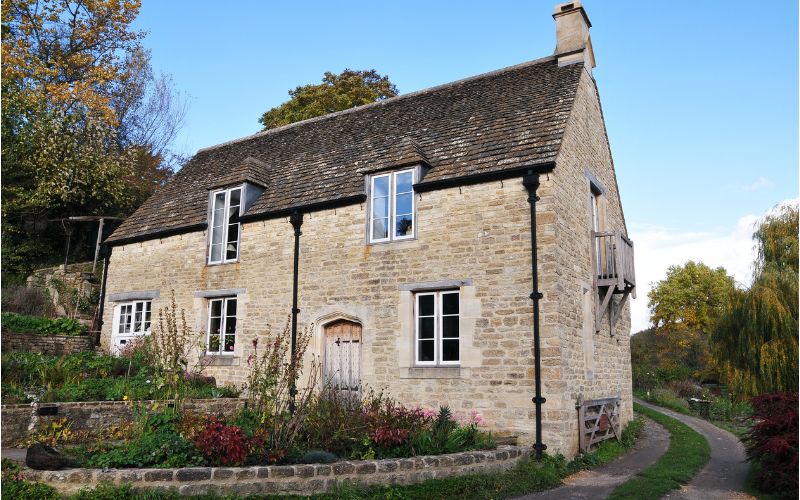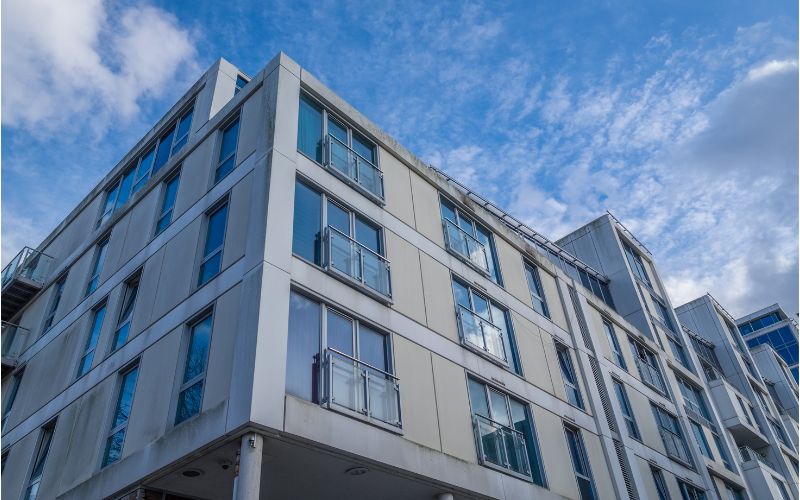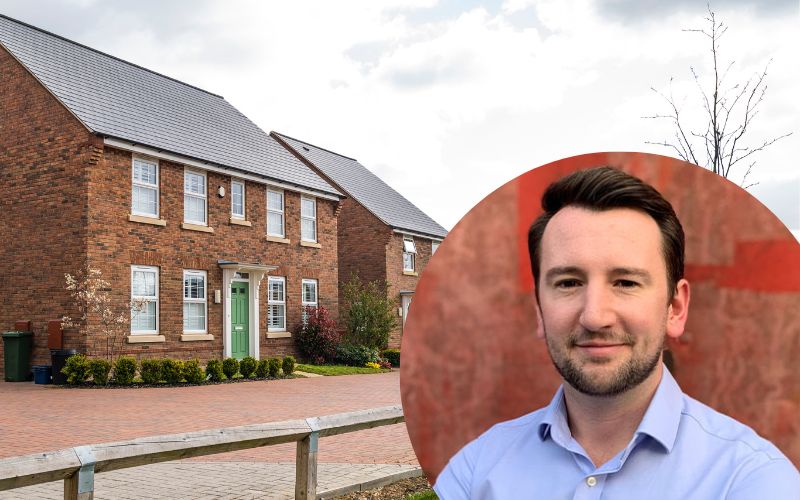Entering into a commercial lease is a big step for businesses; and understanding the different stages of the lease lifecycle, including your rights and what is required of you, can make a significant difference to your tenancy.
Pre-lease considerations
So, you’re looking to start a new lease; it’s equal parts exciting and stressful. The best thing to do before you sign on is to seek a technical due diligence survey which can help you understand whether the property you’ve chosen is the right one for your needs.
This type of survey can highlight any costs or risks involved, and can be undertaken by a chartered building surveyor who will analyse aspects such as:
Location: Ensuring the chosen location aligns with your business needs and complies with local zoning regulations.
Budgeting: Assess the financial implications of the lease, including rent, common area maintenance (CAM) fees, and any other associated costs.
Lease Types: Help you understand the different lease structures, such as gross leases, net leases, or modified gross leases, to determine the most suitable option.
Terms and Negotiation: Carefully review lease terms and negotiate favourable conditions, including rent increases, lease duration, and renewal options.
Once negotiations are complete and you’re sure this is the building for you and your business, there are a just a few more things to consider before signing on the dotted line:
Legal Review: Consult with legal professionals to ensure a clear understanding of all terms and obligations outlined in the lease agreement. A chartered building surveyor can be appointed to provide evidence of the building’s pre-existing condition to help direct responsibility.
Insurance: Secure the necessary insurance coverage. A Reinstatement Cost Assessment can ensure you get the right insurance coverage for your new lease.
Tenant Improvements: Clarify responsibilities for any necessary improvements or modifications to the space.
After the tenancy has been granted, you may want to get a Schedule of Condition to avoid any discrepancies at the end of your lease. This too can be done by a chartered building surveyor, who will document evidence through photographs and written reports.
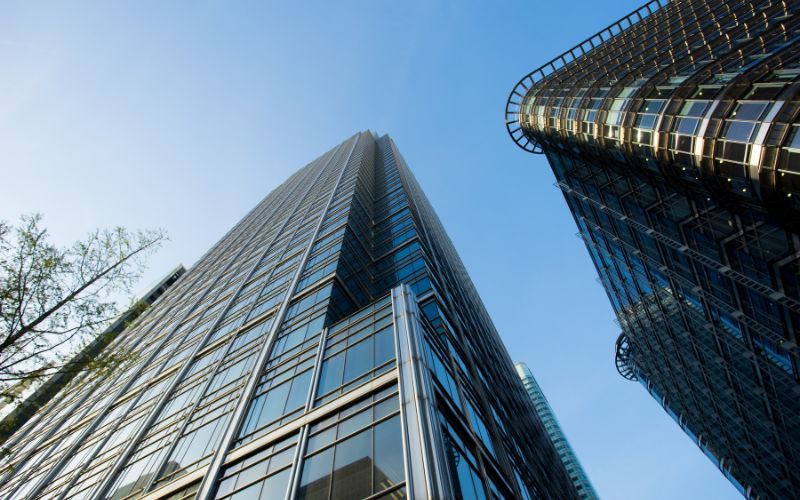
During the tenancy
Hooray! You’ve started your new tenancy and you’re ready to make the space yours (as much as you can according to your lease agreement).
So, what’s next? Appointing a building surveyor can help you get the most out of your space through their planning and design services.
This includes providing advice on office layouts, ensuring compliance with building codes and regulations, and suggesting improvements that enhance functionality and efficiency.
Keeping up to date with all the latest building codes and regulations is paramount, and this is where the help of a building surveyor can be invaluable.
They can conduct thorough inspections to ensure that the leased premises meet all safety standards, identify potential code violations and work with tenants to rectify any issues, helping you to avoid legal complications and potential fines.
Sustainability is often a priority for commercial tenants and with the new Minimum Energy Efficiency Standards introduced last April, this may be something to think about.
Surveyors can assess the energy efficiency of your property, recommend improvements, and help you implement sustainable practices. This not only reduces your energy bills but also improves your building’s overall running costs.
Additionally, if you have taken out a long lease (let’s say you’re looking to stay at the property for five or even ten years) a Planned Preventative Maintenance Survey could be useful to you.
This type of survey, also done by a building surveyor, assesses your property and surrounding areas - outlining the maintenance requirements and all the costs associated with them for the duration of your tenancy.
It’s ideal as it helps you to proactively maintain, manage, and improve the property you’ve taken out the long lease on.
Overall, regular building surveys are the best way to keep your property in check and understand the condition of your building.

End of lease
As your lease comes to an end, there are various factors you will need to consider; and you may need the help of your trusted building surveyor again.
For example, they can help you develop a clear exit strategy, including responsibilities for restoring the space to its original condition and settling any outstanding financial obligations.
Surveyors can generate comprehensive condition reports that outline the state of the property's structure, fixtures, and fittings, which can be particularly helpful if you are looking to avoid disputes at the end of your lease.
You can use these reports to address any required repairs or maintenance before vacating the property, ensuring compliance with lease covenants, and minimising potential financial liabilities.
However, you will still need to adhere to relevant building codes and regulations. Surveyors can clarify any remaining obligations by assessing the compliance of any alterations or additions made during the lease term.
Identifying and rectifying non-compliance issues before the lease concludes can save you from potential legal complications and financial penalties.
Building surveyors can provide accurate cost estimates for necessary repairs and maintenance identified during inspections.
Additionally, in the rare instance that a dispute arises, surveyors can act as mediators between landlords and tenants during lease-end negotiations by providing expert advice on issues such as repair responsibilities, cost estimates, and the interpretation of lease terms.
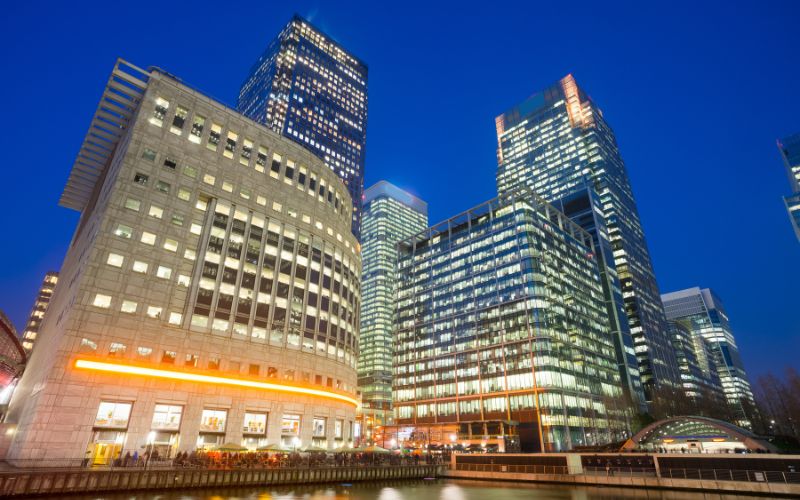
Who are we?
Sillence Hurn’s Chartered Building Surveyors are RICS qualified with extensive experience of building surveying across London and the South of England.
From advice around feasibility, cost planning, undertaking the work in the current market, specifying works, overseeing and managing the implementation of changes, our chartered building surveyors will be able to identify any upgrades and advise you on the best measures going forward.
Read more about our solutions here:
Technical due diligence
Project management
Dilapidations consulting
Cost management
Monitoring Surveying
Party Wall
Contract Administration
Planned Preventative Maintenance
Email us at enquiries@sillencehurn.co.uk or call our Southampton team on 02380 014786 / London at 020 3143 2128


